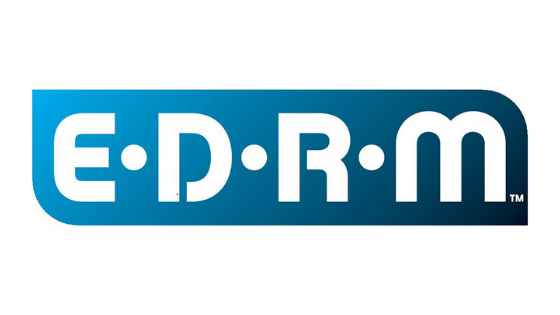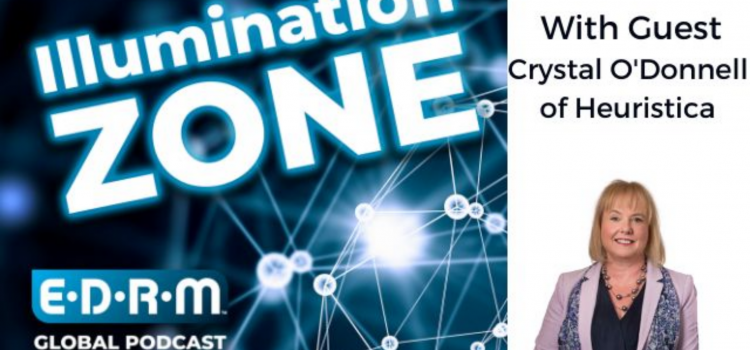Candice Chan-Glasgow, Director, Review Services and Counsel, will moderate a panel at the upcoming Ontario Digital Evidence and eDiscovery Institute webcast in Toronto on November 22nd.
Now in its 11th year, this program is jointly sponsored by the Ontario Bar Association, the Law Society of Ontario and The Advocates’ Society. Bringing together leading experts to get attendees up to speed on the latest developments in eDiscovery and digital evidence this year’s program will focus on a case study involving a litigation matter between an individual litigant and a large corporation.
The stellar faculty will share perspectives of both sides to the litigation and highlight the key issues and challenges that the litigants will face as they navigate the eDiscovery process. … Read More





